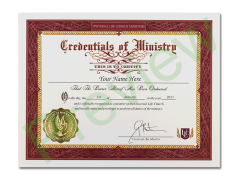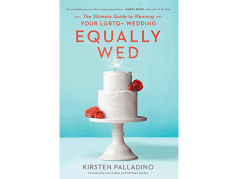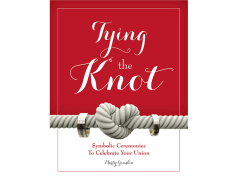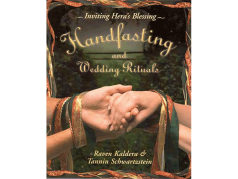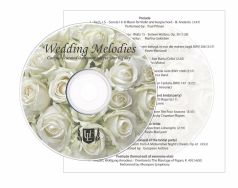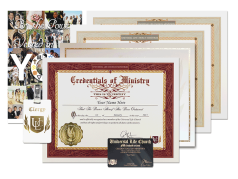Marriage Officiant

If you've attended a wedding ceremony you know the palpable joy and happiness that comes from watching a couple pledge to begin a new life together. Now imagine how it might feel to not just be present for the event, but to perform the wedding ceremony itself. Ever since affordable avenues for becoming a marriage officiant have popped up, more and more people have come to experience the feeling of uniting friends or family members in a loving union. Becoming a marriage officiant is a gift that keeps on giving to you, those around you, and your community.
What is a Marriage Officiant?
A marriage officiant is a person who is legally certified to perform weddings. Officiants can be recognized by a religious organization or be non-denominational, non-religious, pagan, or from any other belief system. Furthermore, if you choose your own officiant, there are no rules binding the ceremony to a particular tradition. As long as the ceremony includes a few basic legal elements, the rest can be customized per the couple’s wishes.
Why Be a Marriage Officiant?
Many couples are deciding to make their wedding ceremonies more personal, eschewing the standard formats of the past. This often includes being married by someone near and dear to them rather than a justice of the peace they've never met or a pastor they barely know. As a marriage officiant, you can be an important part of the day for people you love and help them celebrate their union in a way that uniquely reflects them.
You can choose to donate your services if you want to make a generous gesture. Or, you can charge a fee and make a little extra money for your hard work. Either way, you're providing a needed service to your circle of influence.
Where to Serve as a Marriage Officiant
It doesn’t matter which state you get ordained in; ULC ordinations are recognized across the country. However, specific marriage officiant requirements vary by location. Before officiating, be sure to consult the marriage laws in the state where you wish to perform weddings. Once you know the rules, you’ll be ready to begin conducting ceremonies for happy couples!
